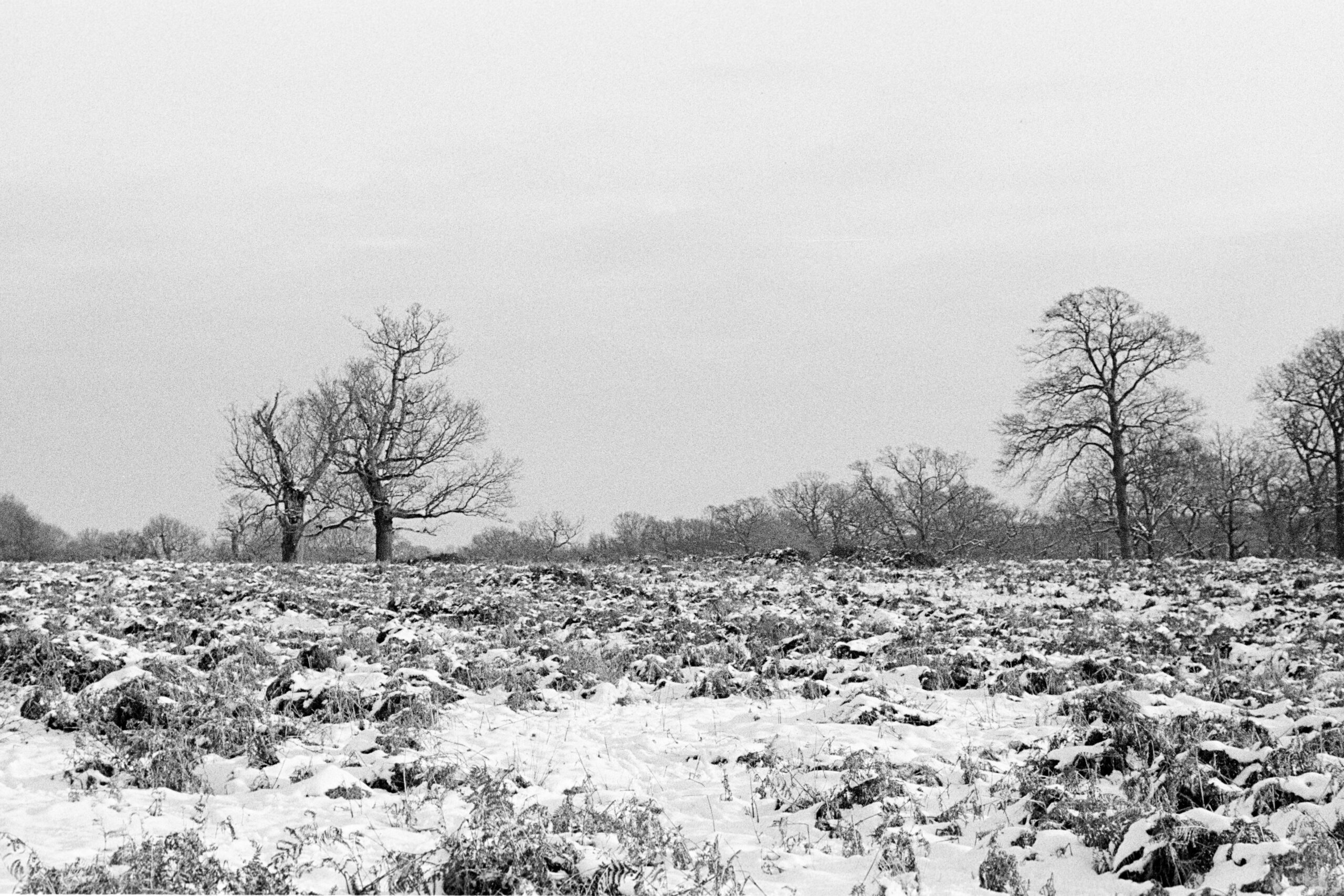We’re pleased to offer these new translations from ON CENTAURS & OTHER POEMS by ZUZANNA GINCZANKA, translated by ALEX BRASLAVSKY, out from World Poetry Books this month. This is the first selected volume in English of Zuzanna Ginczanka, a visionary Polish-Ukrainian-Jewish poet of the inter-war years whose life was cut short by the Holocaust.
Zuzanna Ginczanka (1917-1945) was a Polish-Ukrainian-Jewish poet of the interwar period. Born in Kiev, which her parents fled to avoid the Russian Civil War in 1922, Ginczanka began writing seriously as a child in Równe, Poland (now Rivne, Ukraine). She was nationally recognized for her poetry by sixteen years of age. Encouraged by a correspondence with poet Julian Tuwim, she moved to Warsaw in 1935. There she became associated with the Skamander group and the satirical magazine Szpilki, and befriended many writers including Witold Gombrowicz. Her 1936 collection, On Centaurs, was widely lauded upon its release. At the start of World War II, she moved east, living in Równe and Soviet-occupied Lviv. In 1942, after the German takeover of Ukraine, she escaped arrest and fled to Kraków on false papers to join her husband. She was arrested in 1944 and shot by the Gestapo a few days before Kraków was liberated by the Soviets. After the war, her last known poem “Non omnis moriar…” was used in court to testify against her denouncers.
Alex Braslavsky (born 1994) is a scholar, translator, and poet. A graduate student in the Harvard Slavic Department, she writes scholarship on Russian, Polish, and Czech poetry through a comparative poetics lens. She was an American Literary Translators’ Association Mentee in 2021. Her work on Polish literature has been supported by the Jurzykowski Polish Grant and the ©POLAND Translation Program. Her poetry has appeared in Conjunctions and Colorado Review, among other journals.











